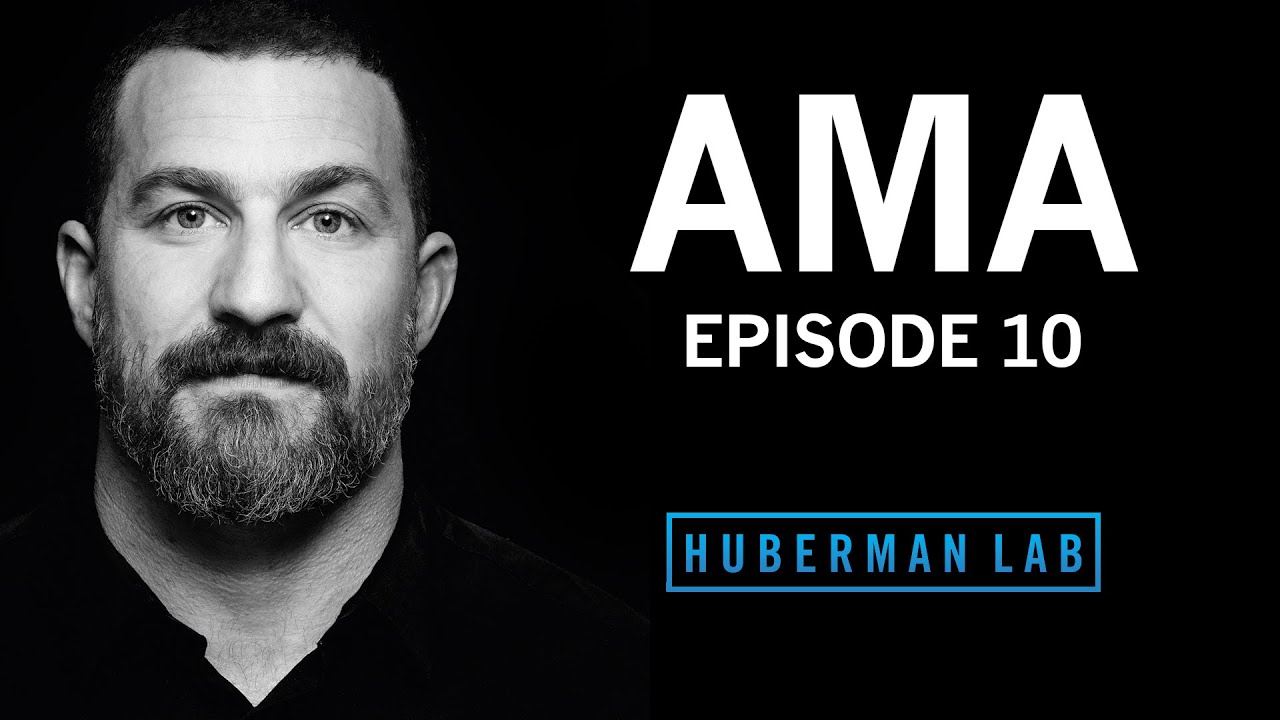In this post, we delve into the insights shared by Andrew Huberman, a professor of neurobiology and ophthalmology at Stanford School of Medicine, about the scientifically-supported benefits of nature and grounding. Based on one of his recent podcasts, we explore how these elements can positively impact our mental and physical health.
The Importance of Sunlight for Health
Early Morning Sunlight and Circadian Rhythm
One of the most crucial benefits of nature, as highlighted by Huberman, is the exposure to sunlight, particularly in the early morning. This practice helps set the body’s circadian rhythm, which regulates sleep-wake cycles, mood, and overall energy levels.
Research has shown that getting sunlight in your eyes early in the day can significantly improve daytime mood, focus, and alertness while also enhancing nighttime sleep. The exposure to natural light helps the brain signal the start of the day, leading to better metabolic function and overall health.
The Science Behind Sunlight Exposure
Huberman emphasizes that sunlight exposure, especially during the morning, triggers a cascade of biological processes that are vital for maintaining optimal health. These processes include the production of serotonin, a neurotransmitter that influences mood and behavior, and the regulation of melatonin, a hormone critical for sleep.
Practical Tips for Sunlight Exposure
- Morning Sunlight: Aim to get 10-30 minutes of sunlight exposure within the first hour of waking up.
- Evening Sunlight: If possible, try to also get some sunlight exposure in the late afternoon or early evening to further reinforce your circadian rhythm.
- Overcast Days: Even on cloudy days, natural light is beneficial, so make an effort to get outside.
The Role of Negative Ionization
What is Negative Ionization?
Negative ionization refers to the process by which certain environments, particularly those near moving bodies of water, become charged with negative ions. Huberman mentions studies from Columbia University that show these ions can have a positive effect on mental and physical health.
Benefits of Negative Ionization
- Enhanced Mood: Negative ions are believed to increase serotonin levels, helping to alleviate depression, relieve stress, and boost daytime energy.
- Improved Sleep: Exposure to negative ions has been linked to better sleep patterns, making it easier to fall asleep and stay asleep.
- Reduced Allergy Symptoms: Some studies suggest that negative ions can help reduce the severity of respiratory allergies.
Natural Sources of Negative Ions
- Waterfalls
- Running Streams
- Oceans
Negative Ionization Devices
While there are indoor devices that mimic the effects of negative ions found in nature, Huberman points out that they do not provide the same level of benefit as actual outdoor exposure. The combination of fresh air, natural light, and the presence of negative ions in a natural environment cannot be fully replicated indoors.
The Science of Grounding
What is Grounding?
Grounding, also known as earthing, is the practice of connecting with the Earth’s natural electric charge by walking barefoot on soil, grass, or sand. Huberman explains that grounding is thought to promote better sleep, reduced pain, and improved immune response.
The Theories Behind Grounding
Grounding is believed to work by allowing the body to absorb negative electrons from the Earth, which can neutralize free radicals and reduce inflammation. Although there is limited high-quality research on grounding, many practitioners and some studies report positive effects.
How to Practice Grounding
- Barefoot Walks: Spend 10-20 minutes walking barefoot on natural surfaces like grass, sand, or soil.
- Grounding Mats: For those who cannot easily access outdoor spaces, grounding mats can be used indoors to simulate the effects.
The Holistic Impact of Nature
Forest Bathing and Mental Health
The concept of “forest bathing,” or spending time immersed in a forest environment, has been shown to reduce stress, lower blood pressure, and improve mood. Huberman references studies from Japan where participants who spent time in forests reported significant improvements in mental well-being.
The Gestalt of Nature Exposure
Huberman emphasizes that the benefits of nature are not limited to one single factor. Instead, the combination of elements—sunlight, negative ions, natural sounds, and visual stimuli—creates a holistic experience that can profoundly impact health. This “gestalt” effect means that nature’s benefits are greater than the sum of its parts.
Practical Ways to Incorporate Nature into Daily Life
- Daily Walks: Aim to spend at least 10-30 minutes outdoors every day, whether it’s in a park, forest, or by a body of water.
- Weekend Hikes: Plan longer excursions into nature on weekends to maximize the benefits.
- Bringing Nature Indoors: While not as effective as being outdoors, bringing plants into your home or office can still provide some mental health benefits.
Grounding: Science vs. Anecdote
The Current State of Research
While grounding is a popular practice, the scientific community is still exploring its effects. Huberman mentions that while there are some studies showing benefits, the evidence is not yet robust enough to draw firm conclusions. However, the anecdotal benefits reported by many practitioners should not be entirely dismissed.
Should You Try Grounding?
Huberman suggests that if grounding feels good and aligns with your wellness practices, there is no harm in incorporating it into your routine. However, he cautions against relying solely on grounding for health benefits and encourages a balanced approach that includes other scientifically-supported practices.
Conclusion
In summary, nature and grounding offer numerous potential benefits for mental and physical health. Sunlight, negative ionization, and grounding are just a few of the ways that the natural world can positively impact our well-being. While the science behind some of these practices is still evolving, the overall consensus is clear: spending time in nature is beneficial for everyone.
Huberman’s insights remind us that while we may not fully understand all the mechanisms at play, the act of connecting with nature in itself is a powerful tool for enhancing health and happiness.








